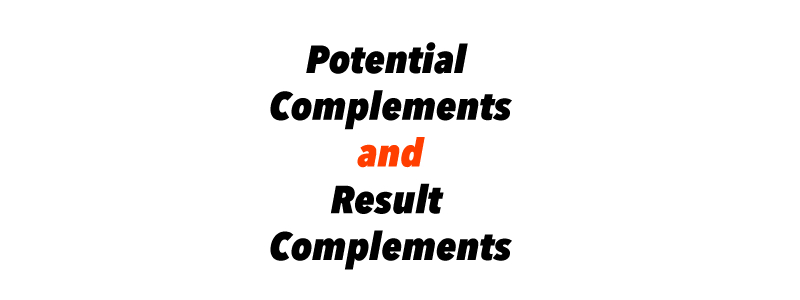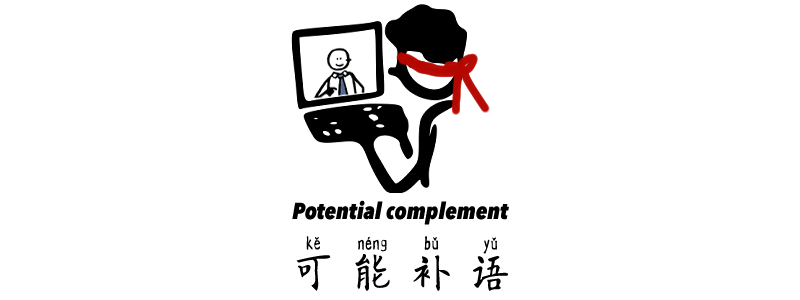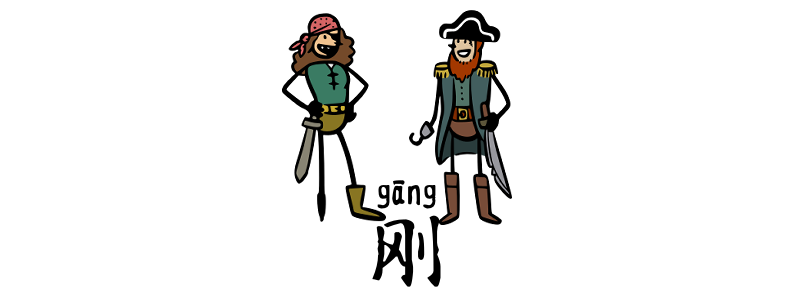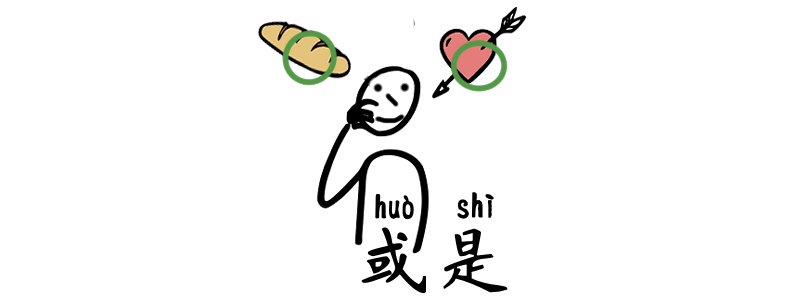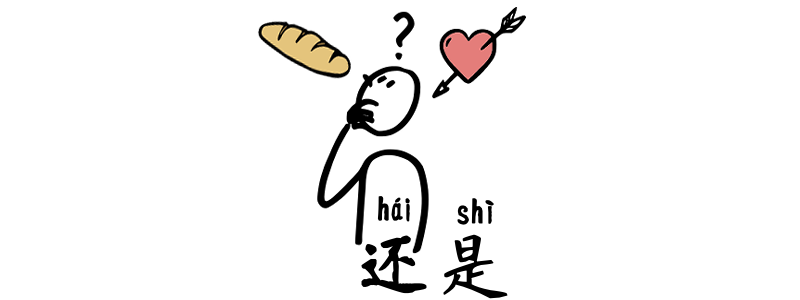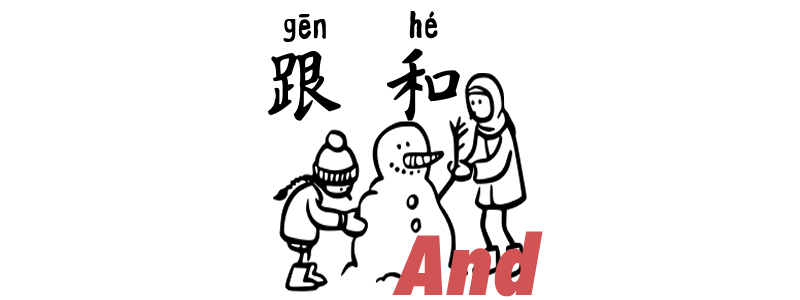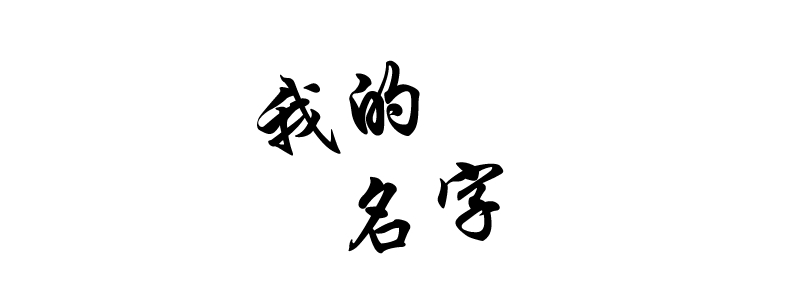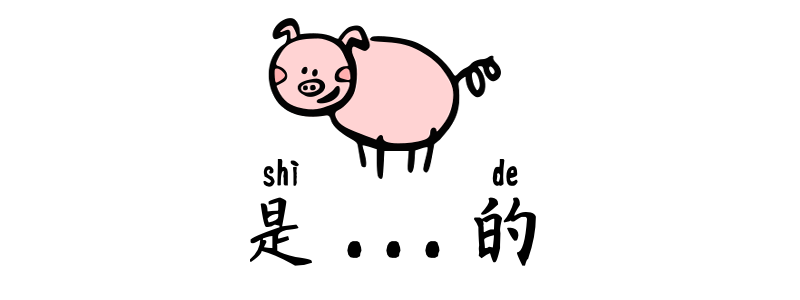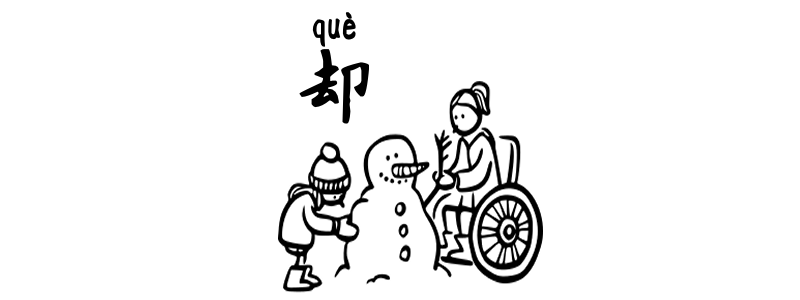TouchHover over the space to see the answers. Fill in the correct Potential Complements or Result Complements 我wǒ去qù了le好hǎo幾jǐ家jiā店diàn, 就是jiùshì( 沒買到méimǎidào) 你nǐ喜歡xǐhuān的de那nà種zhǒng花huā我wǒ去qù了le好hǎo几jī家jiā店diàn, 就是jiùshì( 没买到méimǎidào) 你nǐ喜欢xǐhuan的de那nà种zhǒng花huāI went to several stores, but I couldn’t find the type of flower you like. 那nà種zhǒng花huā在zài台灣Táiwān( 買不到mǎibúdào) , 要yào去qù國外guówài才cái有yǒu那nà种zhǒng花huā在zài台湾Táiwān( 买不到mǎibudào) , 要yào去qù国外guówài才cái有yǒuThat kind of flower can’t be found in Taiwan, you have…
Author: tiffany
Potential Complements Practice
TouchHover over the space to see the answers. Fill in the correct Potential Complements and verbs 你的nǐde車chē很hěn小xiǎo, ( 坐不下zuòbúxià) 五wǔ個ge人rén你的nǐde车chē很hěn小xiǎo, ( 坐不下zuòbuxià) 五wǔ个ge人rénYour car is too small, it can’t seat five people. 我wǒ剛gāng到dào日本rìběn的時候deshíhòu, ( 吃不了chībùliǎo) 生魚片shēngyúpiàn, 現在xiànzài已經yǐjīng習慣xíguàn多duō了le我wǒ刚gāng到dào日本rìběn的时候deshíhou, ( 吃不了chībuliǎo) 生鱼片shēngyúpiàn, 现在xiànzài已经yǐjīng习惯xíguàn多duō了leWhen I first arrived in Japan, I couldn’t eat sashimi, but now I’m used to…
剛剛 gānggāng and 刚 gāng
Grammar Points:The words “剛刚 gāng” and “剛剛刚刚 gānggāng” are used to indicate an action that has just happened a short while ago. However, there are some subtle differences in their meanings and usage: 剛/刚 gāng It is an adverb that can only be used before a verb or adjctive and after a subject. It emphasizes…
Expressing “either…or” with 或者 huòzhě
Grammar Point:或者 huòzhě and 或是 huòshì both mean “or” in Chinese, but they are used to express a preference or emphasis on one of the options. It can be translated as “either…or” in English. Structure Option 1 + 或者 or 或是 + Option 2 或者 huòzhě is generally considered more formal and literary than 或是…
Expressing “or” with 還是/还是 háishì
Grammar Point:還是还是 háishì is a Chinese phrase that can have a few different meanings. In this article, we are going to talk about its usage in questions, where it is typically translated to “or” in English. Structure Option 1 + 還是/还是 + Option 2 你nǐ愛ài他tā還是háishì我wǒ? 你nǐ爱ài他tā还是háishì我wǒ? Who do you love, him or me? 你nǐ要yào喝hē咖啡kāfēi還是háishì茶chá? 你nǐ要yào喝hē咖啡kāfēi还是háishì茶chá?…
Expressing “And” with 和 hé 跟 gēn
Grammar Point:和 hànhé and 跟 gēn are two conjunctions used to connect two nouns or noun phrases, indicating that they are both included in a list or group. It is similar to the English “and” and is often used to connect two people, two things, or two action activities. Structure Noun + 和/跟 + Noun…
Chinese Name
Make your Chinese name by birthday – Just for funOr pick a character you like to create your name The month of your birthday 姓 xìng Family name – The usual meaning is often not meaningful. Jan Feb Mar Apr May Jun Jul Aug Sep Oct Ncv Dec 李 lǐ 陳陈 chén 王 wáng 張张 zhāng 林 lín 黃黄…
是 shì … 的 de Structure 2
Grammar Point: The 是 shì … 的 de structure in Chinese is used to provide strong affirmation. It is often used to clarify or emphasize a point or to make a statement more assertive. It is similar to the way English speakers might stress the word “is” in a sentence. When to use it? What…
却/卻 què Grammar
Grammar Point:卻却 què is an adverb in Chinese that is commonly used to indicate a contrast between two statements. Although it is similar in meaning to the English conjunction “but” or “however”, it is not usually used to link two sentences. Structure Sentence ,(但是 +) S2 + 卻/却 When using 卻却 què, the first clause…
腦袋有洞 nǎodài yǒudòng
腦脑袋有洞 nǎodài yǒudòng (Taiwan) VO. (Literal meaning is “having a hole in one’s head”) It’s used to describe someone who is being foolish, stupid, or absent-minded. The slang suggests that the person’s brain has a hole, which makes them unable to think clearly or logically. It’s often used in a joking or lighthearted way to…
